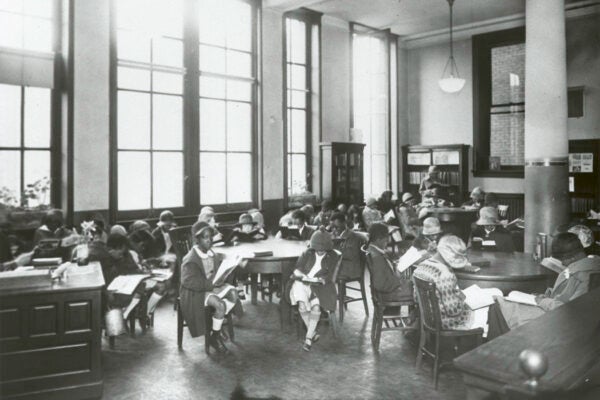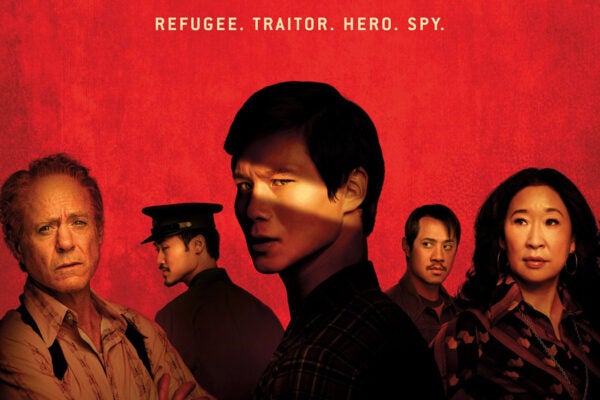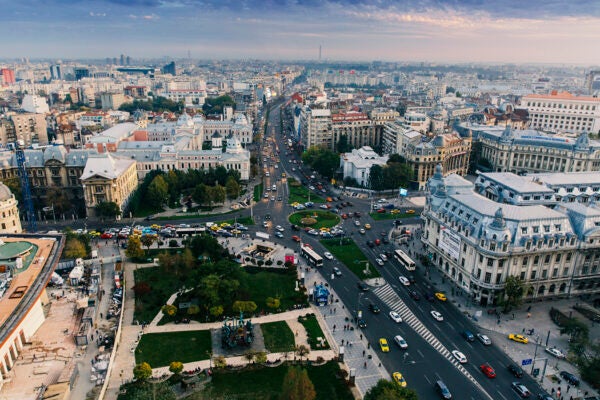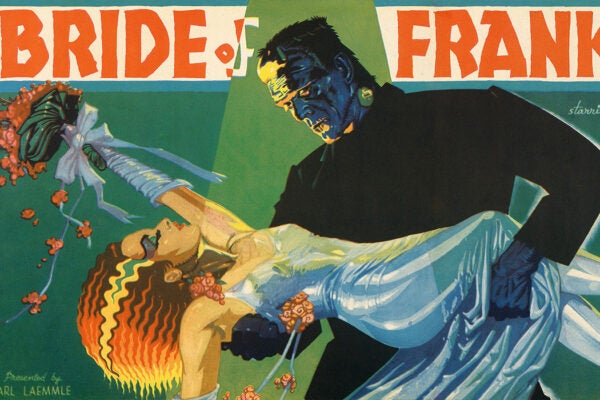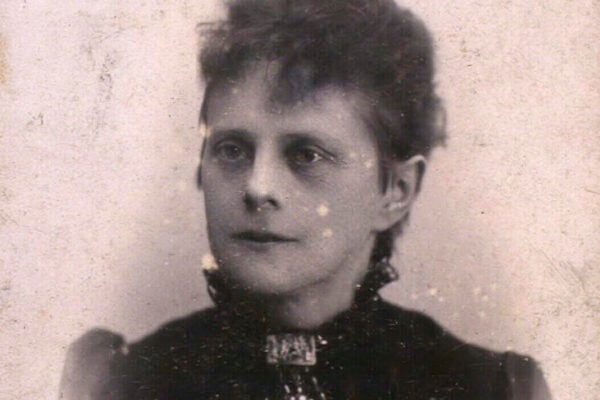Fear and Fertility in Elif Shafak’s Black Milk
Shafak exposes her terror over motherhood’s potential to devour creativity—a panic she imagines sharing with a parade of literary forebears.
Annotations: A Christmas Carol by Charles Dickens
Scrooge became as good a friend, as good a master, and as good a man, as the good old city knew, or any other good old city, town, or borough, in the good old world.
Self-Publishing and the Black American Narrative
Bryan Sinche’s Published by the Author explores the resourcefulness of Black writers of the nineteenth century.
The Invention of the Marathon
The Hellenic inspiration for the 26.2-mile races which draw over a million runners yearly worldwide had nothing to do with sport—but everything to do with war.
Nella Larsen’s Lessons in Library School
Larsen’s novels were influenced by her training in the New York Public Library system, where she faced rigid ideas about the racial classification of knowledge.
The Ethics of On-Screen Violence in The Sympathizer
Film scholar Sylvia Shin Huey Chong offers a feminist reflection on the theme of rape in Viet Thanh Nguyen’s Pulitzer-winning novel The Sympathizer.
The Three Cs of Bucharest
Three big Cs dominate the history of Romania and its capital city, Bucharest. You may know communism and Ceaușescu, but what about Cuza?
Burmese Women Novelists Speak Out
The novels of Ma Ma Lay and Wendy Law-Yone challenge the limits placed on the voices of Burmese women in the twentieth century.
Bride of Frankenstein
Drawn from the margins of Mary Shelley's 1818 novel, the cinematic Bride of Frankenstein is never just one thing, and she never goes away.
Laura Kieler: A Life Exploited
Norwegian playwright Henrik Ibsen mined Kieler's life for the plot of his most famous play, The Doll's House.




